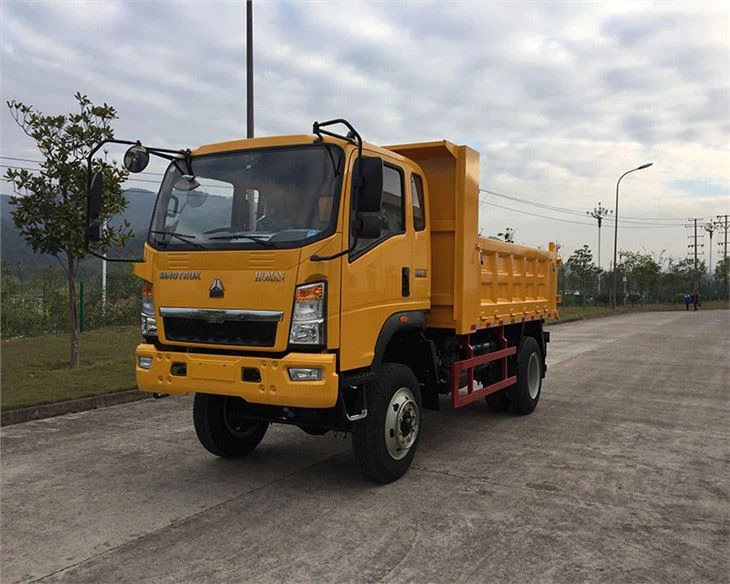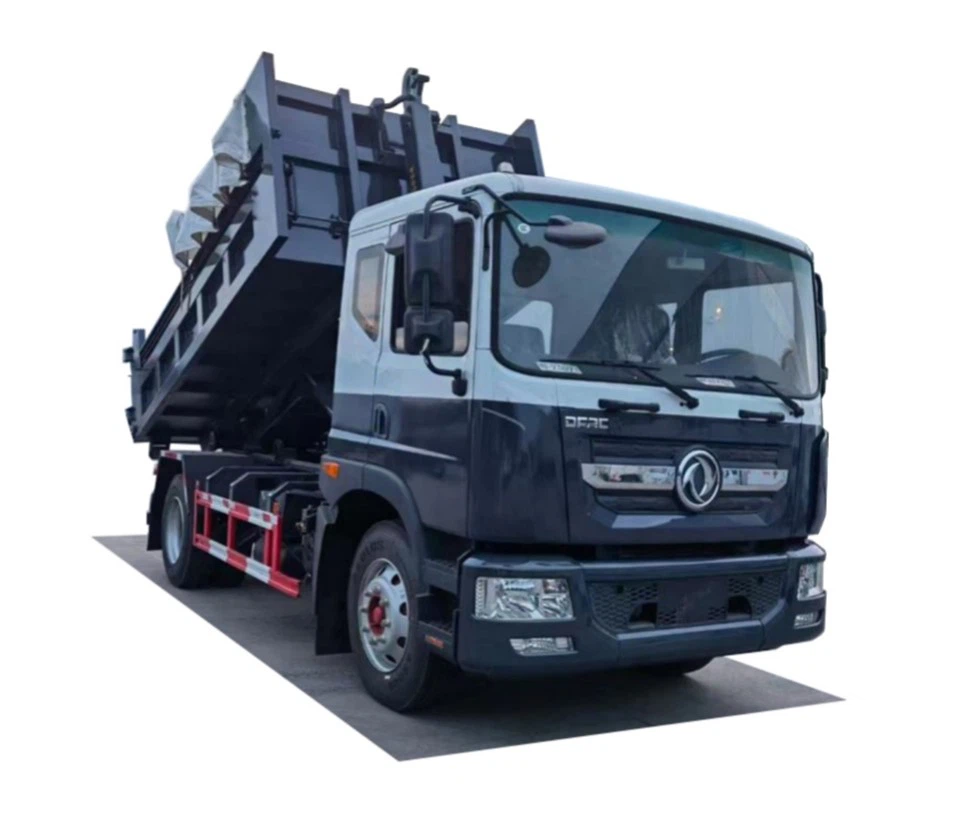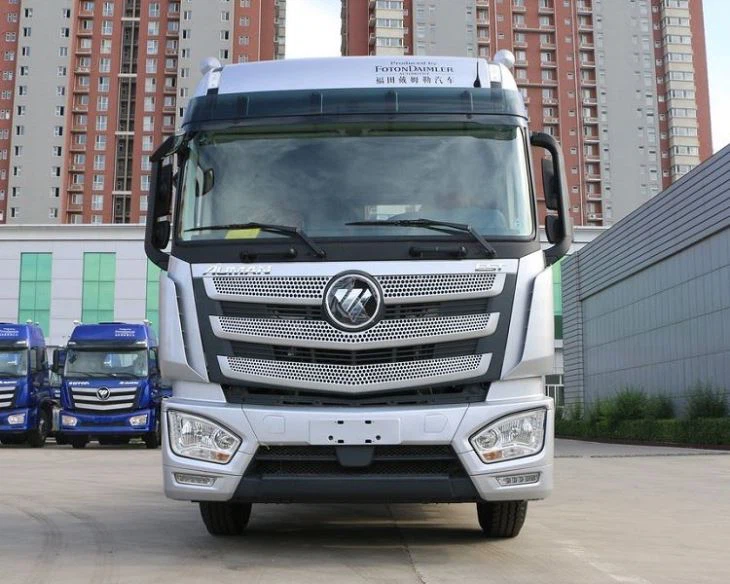Understanding Shipping Container Transport Trucks: A Comprehensive Guide

Introduction
Shipping container transport trucks are essential for the global supply chain, enabling the movement of goods across various distances and facilitating international trade. This comprehensive guide will explore the workings of shipping container transport trucks, the types available, their regulations, operational efficiencies, and the vital role they play in logistics. Whether you’re a business owner considering shipments or simply curious about how goods are transported, this article will provide you with all the necessary information.
What is a Shipping Container Transport Truck?
A shipping container transport truck is a specific type of vehicle designed to carry shipping containers. These trucks are equipped with various features that allow them to safely and securely transport containers of different sizes. Shipping containers are standardized units used in intermodal freight transport, enabling easy transfer between ships, trains, and trucks.
Types of Shipping Container Transport Trucks
There are several types of trucks used to transport shipping containers, each designed to meet different needs and operational requirements:
1. Chassis Trucks

Chassis trucks are the most common type of transport vehicle for shipping containers. They consist of a flatbed frame specifically designed to hold containers securely. Chassis trucks can carry one or two containers, depending on their configuration and load capacity.
2. Roll-on/Roll-off (Ro-Ro) Trucks
Ro-Ro trucks are designed for ease of loading and unloading. These trucks can drive containers on and off, making them ideal for transporting vehicles and oversized cargo.
3. Container Trailers
Container trailers are specialized trailers attached to trucks, allowing for the transportation of containers directly. These trailers are designed with locking mechanisms to secure the containers during transport.
How Shipping Container Transport Trucks Operate
The operation of shipping container transport trucks involves key steps that ensure safe and efficient delivery of goods:

1. Loading the Container
Containers are generally loaded at a shipping facility or port. Cranes or forklifts lift the containers onto the chassis or trailer.
2. Securing the Load
Once the container is in place, it must be securely locked to prevent movement during transport. This involves using twist locks and other securing mechanisms.
3. Route Planning
Prior to departure, route planning is critical for ensuring the most efficient delivery. Factors such as traffic, weather conditions, and road regulations must be considered.
4. Delivery and Unloading
Upon arrival at the destination, the truck is unloaded, often using cranes or other equipment to safely remove the container.
Benefits of Using Shipping Container Transport Trucks
Using shipping container transport trucks offers a variety of benefits, including:
1. Cost-Effectiveness
Transporting goods via shipping containers can significantly reduce costs due to their standardized size and efficient handling methods.
2. Flexibility
Shipping container trucks can reach remote locations not accessible by rail or sea, providing businesses with greater flexibility in shipping options.
3. Safety and Security
Containers are built to be durable and secure, protecting their contents from damage and theft during transport.
Regulations Governing Shipping Container Transport Trucks
Transporting shipping containers is subject to various regulations aimed at ensuring safety and compliance with local and international laws:
1. Weight Limits
Each state has specific weight limits for trucks transporting containers. Exceeding these limits can lead to fines and penalties.
2. Road Safety Regulations
Transport trucks must adhere to road safety regulations, including mandatory inspections, proper licensing, and compliance with traffic laws.
3. International Regulations
When shipping containers internationally, customs regulations must be followed, including proper documentation and adherence to international shipping laws.
Practical Examples of Container Transport
Understanding real-world applications can shed light on the significance of shipping container transport trucks:
1. E-commerce Deliveries
With the surge in online shopping, e-commerce businesses rely on container transport trucks to efficiently move products from distribution centers to consumers.
2. Construction Industry
Shipping containers are often used as temporary storage units at construction sites. Transport trucks deliver these containers to ensure materials remain secure and accessible.
3. Agriculture
Farmers use shipping containers for transporting crops to markets. Transport trucks play a crucial role in this supply chain, ensuring fresh produce reaches consumers quickly.
How to Choose the Right Shipping Container Transport Truck
Selecting the right shipping container transport truck is essential for efficient logistics. Here are some tips:
1. Determine Your Load Requirements
Evaluate the size, weight, and type of goods you plan to transport. This will help you choose the appropriate truck type and configuration.
2. Consider Delivery Locations
Assess whether your delivery locations are accessible by road and how far they are from major shipping ports or terminals.
3. Budget for Transportation Costs
Factor in transportation costs, including fuel, driver wages, and potential fees for overweight loads. A well-planned budget will ensure you stay within financial limits.
4. Check for Certifications and Compliance
Ensure the transport truck and driver comply with all regulations and hold the necessary permits or licenses for safe operation.
The Future of Shipping Container Transport Trucks
The future of shipping container transport trucks is poised for innovative changes driven by technology and sustainability:
1. Automation and Self-Driving Trucks
Advancements in automated and autonomous technology may revolutionize the transport industry, leading to greater efficiency and reduced labor costs.
2. Eco-Friendly Solutions
With increasing focus on sustainability, there is a push towards using alternative fuels or electric trucks to reduce environmental impact.
3. Improved Tracking and Logistics Technology
Integration of IoT (Internet of Things) technology allows for real-time tracking of shipping containers, enhancing logistics management and transparency for businesses and consumers.
FAQ Section
What are the most common sizes of shipping containers?
The most common sizes for shipping containers are 20-foot and 40-foot lengths, with varying widths and heights available for different needs.

How do I find a reliable shipping container transport company?
Research companies online, read customer reviews, and request quotes from multiple providers to compare services, prices, and reliability before making a decision.
Are there special requirements if shipping hazardous materials?
Yes, transporting hazardous materials entails specific regulations, including special labeling, handling procedures, and compliance with safety standards.
How can I lower transport costs?
Consider consolidating shipments, optimizing routes, negotiating contracts with carriers, and opting for cost-effective transport methods to reduce overall costs.
What is intermodal transport?
Intermodal transport refers to using multiple modes of transportation (ship, rail, truck) to move containers, allowing for greater flexibility and efficiency in shipping logistics.
Can I use my shipping container for storage?
Yes, shipping containers make excellent storage solutions for businesses and individuals, and they can be transported to your desired location as needed.
Conclusion
Shipping container transport trucks play a pivotal role in the global supply chain, enabling efficient and cost-effective movement of goods. With an understanding of their operation, types, benefits, and future developments, businesses and individuals can make informed decisions about their logistics needs. By utilizing practical examples and tips, this guide aims to equip readers with the knowledge necessary to navigate the world of shipping container transport successfully.
